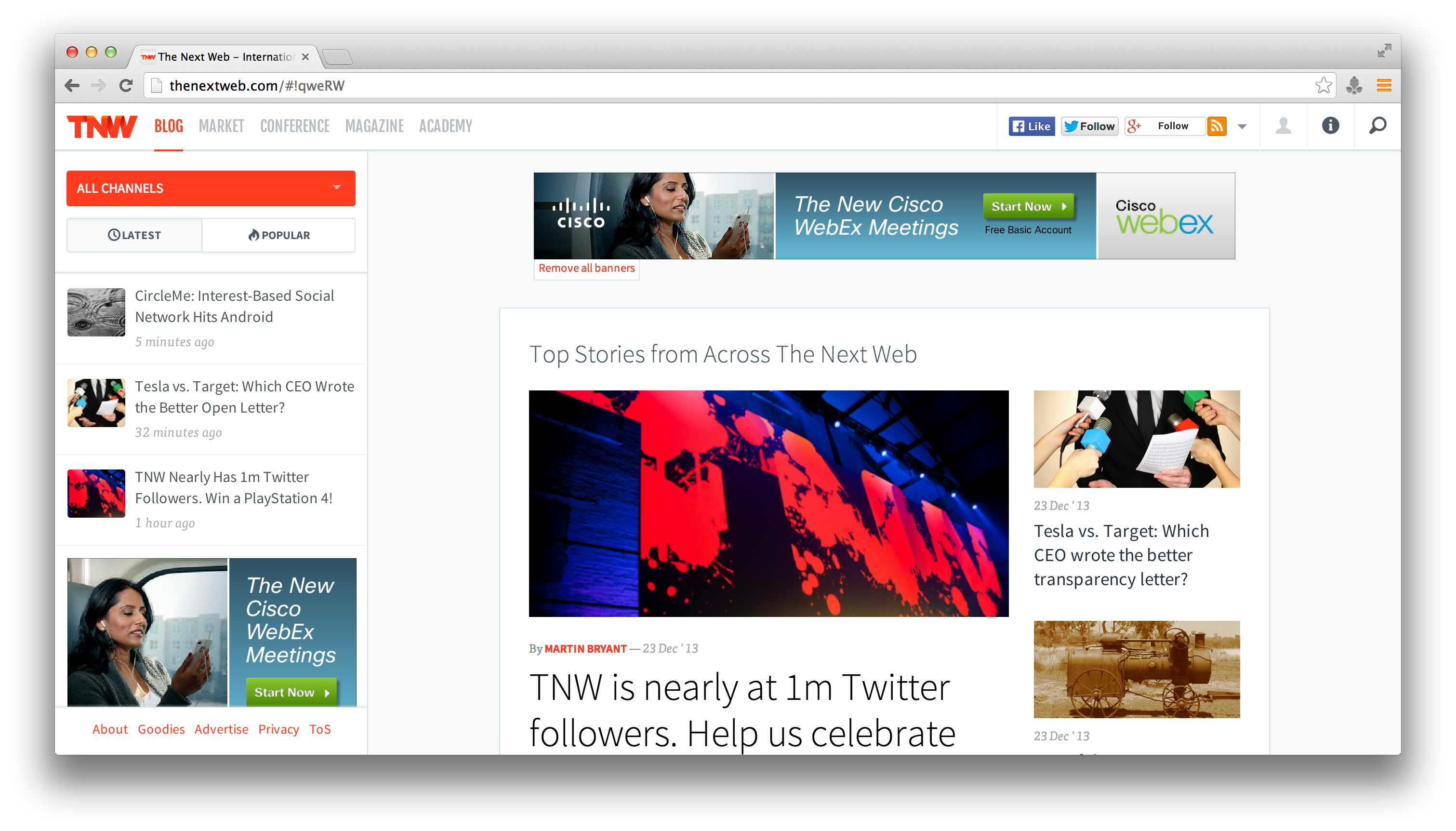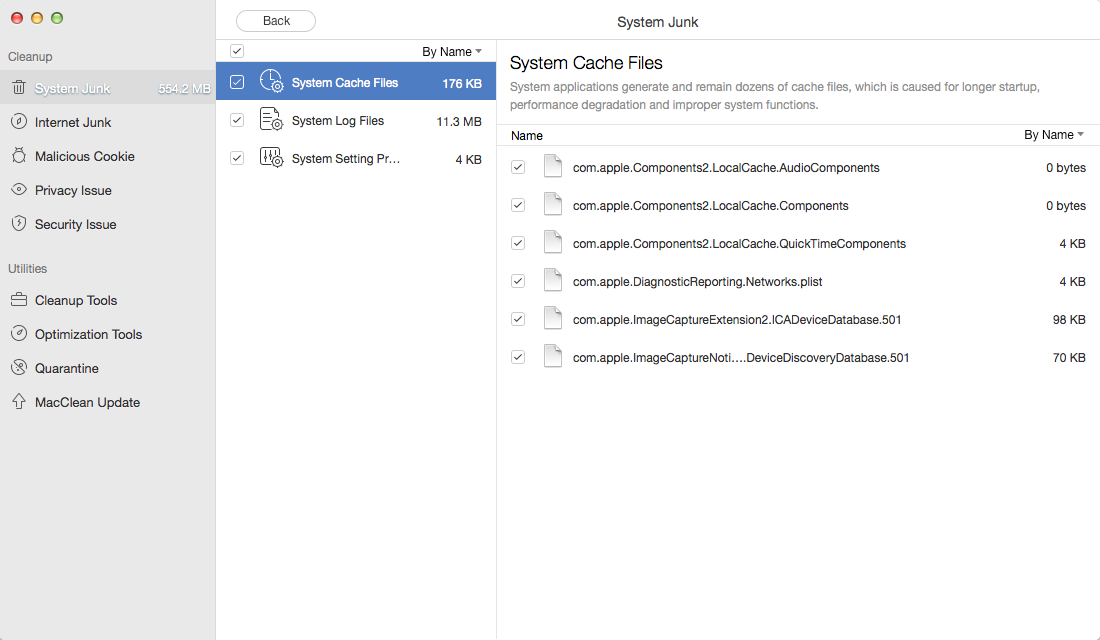- Is It Ok To Download Chrome On Macbook Pro 2019
- Is It Ok To Download Chrome On Macbook Pro 2020
- Is It Ok To Download Chrome On Macbook Pro Max
- Download Google Chrome
- Download Chrome For Mac
- Download Firefox
In this post, you’ll learn something about clearing browser cache and cookies. So what are browser cookies? Should I clear cache on Mac? And how to clear cache on Mac? To fix the issues, just scroll down and check the answer.
Google Chrome (finally?) reduces memory and CPU drain. While a few days ago we were singing the praises of all the novelties of the latest version of Firefox, today it's the turn of its number 1 rival: version 57 of Google Chrome arrives with several new features, foremost among them a savings in the memory and CPU consumption. It's safe to download, however it all depends upon what you consider 'safe' Google isn't know for respecting a users privacy, and have been fined and busted by many governments over their tactics. After enabling “OK Google” feature in Mac OS X computers, whenever you open a new tab in Chrome browser, you will see a microphone in OS X Menu bar. The first icon in above screenshot. This microphone icon indicates that Chrome is now listening for “OK Google” followed by commands that you want to ask Google.
See also:
Clearing cookies can help fix some browsers problems and protect your privacy. Additionally, if the personal info automatically completed on websites isn't correct, deleting cookies can also help. If you don't know how to delete cookies on Mac or can't remove certain cookies on Safari, Chrome, Firefox, this post will explain how to clear cookies in Safari, Chrome, Firefox on MacBook Air/Pro, iMac.
1. What Are Cookies on Mac?
Browser cookies, or web cookies, are small text files on your computer, which contain data about you and your preference from websites you visit. When you visit a site again, your browser (Safari, Chrome, FireFox, etc.) sends the cookie to the website so that the site recognizes you and what you did on the last visit.
You remember that sometimes when you return to a website, the site shows you the items you checked out last time or it keeps your username? That's because of the cookies.

In short, cookies are files on your Mac to keep the information of what you've done on a website.
2. Is It Okay to Delete Cookies?
It is totally okay to remove cookies from your Mac. But you should know that once cookies are deleted, your browsing history on the specific websites will be deleted so you have to log in the websites again and reset your preference.
For example, if you clear the cookie of a shopping website, your username won't show and the items in your shopping carts will be cleaned. But if you log in the website again or add new items, new cookies will be generated.
3. Quick Way to Remove All Cookies on Mac (Recommended)
If you are using multiple browsers on your Mac, there is a quick way to clear cookies from multiple browsers at once: FonePaw MacMaster. This is an all-in-one cleaner for Mac system and its Privacy feature can help you remove browsers data, including cookies, caches, browsing history, etc.
Step 1 Download and install MacMaster on Mac.
Step 2 Open the cleaner and select Privacy option.
Step 3Click Scan and after scanning, choose a browser, for example, Google Chrome.Tick Cookies and click Clean button to clear Chrome cookies.
Step 4 To clear cookies on Safari, Firefox or others, choose the specific browser and repeat the above step.
If you need to further clean junks on Mac, use MacMaster to clear browser caches, system caches, duplicated files and more.
4. How to Clear Cookies on Safari

You can follow the steps below to clear Safari's cache and history on Mac:
Step 1 Open Safari on Mac, click Safari > Preference.
Step 2 In the Preference window, choose Privacy > Remove All Website Data and confirm the deletion.
Step 3 To delete cookies from individual sites, for example, to get rid of Amazon, eBay cookies, choose Details to view all cookies on your Mac. Select a site and click Remove.
5. How to Remove Cookies in Google Chrome on Mac
Now, let's see the way to fix how to clear cookies on Mac from Chrome page manually:
Step 1 Launch Google Chrome browser.
Step 2 On the top left corner, click Chrome > Clear browsing data.
Step 3 Check Delete Cookies and other site data and set the time range.
Step 4 Click Clear browsing data to clear cookies in Chrome on Mac.
Is It Ok To Download Chrome On Macbook Pro 2019
6. How to Delete Cookies in Firefox on Mac

Is It Ok To Download Chrome On Macbook Pro 2020
To fix how to clear cookies on Mac from Firefox webpage without the cleaner app, you can refer to the below steps:
Step 1 On Firefox, choose Clear Recent History.
Is It Ok To Download Chrome On Macbook Pro Max
Step 2 Choose the time range to clear and open Details.
Step 3 Check Cookies and click Clear Now.
7. Cannot Delete Cookies? Here's What to Do
You may find that some cookies can't be deleted. So you have removed all the data from Privacy on Safari, but some cookies just come back after several seconds. So how to get rid of these cookies. Here are some thoughts.
Close Safari and click Finder > Go > Go to Folder.
Copy and paste ~/Library/Safari/Databases and go to this folder.
Delete files in the folder.

Note: Do not delete the folder itself.
Now you can check if the cookies are cleared. If not, open this folder: ~/Library/Safari/Local Storage. And delete contents in the folder.
Tip: If you cannot delete cookies with the built-in feature on Safari, Chrome or Firefox, you can delete the cookies with FonePaw MacMaster.
Above is the full guide to fix how to clear cookies on Macbook Pro/Air or iMac. If you have any problem about this guide, please drop us a comment below!
Wednesday, 24 May 2017
Eric Petitt, writing for The Official Unofficial Firefox Blog yesterday:
I head up Firefox marketing, but I use Chrome every day. Worksfine. Easy to use. Like most of us who spend too much time infront of a laptop, I have two browsers open; Firefox for work,Chrome for play, customized settings for each. There are multiplethings that bug me about the Chrome product, for sure, but I‘m OKwith Chrome. I just don’t like only being on Chrome. […]
But talking to friends, it sounds more and more like living onChrome has started to feel like their only option. Edge is broken.Safari and Internet Explorer are just plain bad. Andunfortunately, too many people think Firefox isn’t a modernalternative.
In an update posted today, he walked that back:
In my original post I made a personal dig about Edge, IE andSafari: “Edge is broken. Safari and Internet Explorer are justplain bad.” I’ve since deleted that sentence.
Download Google Chrome
It’s true, I personally don’t like those products, they just don’twork for me. But that was probably a bit too flip. And, if itwasn’t obvious that those were my personal opinions as a user, notthose of the good folks at Firefox and Mozilla, then please acceptmy apology.
It’s easy when making an aside — and it’s clear that the central premise of this piece is about positioning Chrome as the Goliath to Firefox’s David, so references to Safari and IE are clearly asides — to conflate “I don’t like X” with “X is bad”. So I say we let it slide.1
But I’ve been meaning to write about Safari vs. Chrome for a while, and Petitt’s jab, even retracted, makes for a good excuse.
I think Safari is a terrific browser. It remains the one and only browser for the Mac that behaves like a native Mac app through and through. It may not be the fastest browser but it is fast. And its energy performance puts Chrome to shame. If you use a Mac laptop, using Chrome instead of Safari can cost you an hour or more of battery life per day.2
But Chrome is a terrific browser, too. It’s clearly the second-most-Mac-like browser for MacOS. It almost inarguably has the widest and deepest extension ecosystem. It has good web developer tools, and Chrome adopts new web development technologies faster than Safari does.
But Safari’s extension model is more privacy-conscious. For many people on MacOS, the decision between Safari and Chrome probably comes down to which ecosystem you’re more invested in — iCloud or Google — for things like tab, bookmark, and history syncing. Me, personally, I’d feel lost without the ability to send tabs between my Macs and iPhone via Handoff. Update: Unbeknownst to me, Chrome fully supports Handoff with iOS devices. Nice!
In short, Safari closely reflects Apple’s institutional priorities (privacy, energy efficiency, the niceness of the native UI, support for MacOS and iCloud technologies) and Chrome closely reflects Google’s priorities (speed, convenience, a web-centric rather than native-app-centric concept of desktop computing, integration with Google web properties). Safari is Apple’s browser for Apple devices. Chrome is Google’s browser for all devices.
I personally prefer Safari, but I can totally see why others — especially those who work on desktop machines or MacBooks that are usually plugged into power — prefer Chrome. DF readers agree. Looking at my web stats, over the last 30 days, 69 percent of Mac users visiting DF used Safari, but a sizable 28 percent used Chrome. (Firefox came in at 3 percent, and everything else was under 1 percent.)3
As someone who’s been a Mac user long enough to remember when there were no good web browsers for the Mac, having both Safari and Chrome feels downright bountiful, and the competition is making both of them better.
Download Chrome For Mac

Download Firefox
What really struck me about Petitt’s piece wasn’t the unfounded (to my eyes) dismissal of Safari, but rather his admission that he uses “Firefox for work, Chrome for play”. I really doubt the marketing managers for Chrome or Safari spend their days with a rival browser open for “play”, and even if they did, I expect they’d have the common sense not to admit so publicly, and especially not in the opening paragraph of a piece arguing that their own browser is a viable alternative to the rival one. ↩︎
Back in December, when Consumer Reports rushed out their sensational report claiming bizarrely erratic battery life on the then-new MacBook Pros (which was eventually determined to be caused by a bug in Safari that Apple soon fixed), I decided to try to loosely replicate their test on the MacBook Pro review units I had from Apple. Consumer Reports doesn’t reveal the exact details of their testing, but they do describe it in general. They set the laptop brightness to a certain brightness value, then load a list of web pages repeatedly until the battery runs out. Presumably they automate this with a script of some sort, but they don’t say.
That’s pretty easy to replicate in AppleScript. I used that day’s leading stories on TechMeme as my source for URLs to load — 26 URLs total. When a page loads, my script waits 5 seconds, and then scrolls down (simulating the Page Down key), waits another 5 seconds and pages down again, and then waits another 5 seconds before paging down one last time. This is a simple simulation of a person actually reading a web page. While running through the list of URLs, my script leaves each URL open in a tab. At the end of the list, it closes all tabs and then starts all over again. Each time through the loop the elapsed time and remaining battery life are logged to a file. (I also logged results as updates via messages sent to myself via iMessage, so I could monitor the progress of the hours-long test runs from my phone. No apps were running during the tests other than Safari, Script Editor, Finder, and Messages.)
I set the display brightness at exactly 68.75 percent for each test (11/16 clicks on the brightness meter when using the function key buttons to adjust), a value I chose arbitrarily as a reasonable balance for someone running on battery power.
Averaged (and rounded) across several runs, I got the following results:
- 15-inch MacBook Pro With Touch Bar: 6h:50m
- 13-inch MacBook Pro With Touch Bar: 5h:30m
- 13-inch MacBook Pro (2014): 5h:10m
- 11-inch MacBook Air (2011): 2h:15m
I no longer had a new 13-inch MacBook Pro without the Touch Bar (a.k.a. the “MacBook Esc”) — I’d sent it back to Apple. I included my own personal 2014 13-inch MacBook Pro and my old 2011 MacBook Air just as points of reference. I think the Air did poorly just because it was so old and so well-used. It still has its original battery.
I saw no erratic fluctuations in battery life across runs of the test. I procrastinated on publishing the results, though, and within a few weeks the whole thing was written off with a “never mind!” when Apple fixed the bug in Safari that was causing Consumer Reports’s erratic results.
Anyway, the whole point of including these results in this footnote is that I also ran the exact same test with Chrome on the 13-inch MacBook Pro With Touch Bar. The average result: 3h:40m. That’s 1h:50m difference. On the exact same machine running the exact same test with the exact same list of URLs, the battery lasted almost exactly 1.5 times as long using Safari than Chrome.
My test was in no way meant to simulate real-world usage. You’d have to be fueled up on some serious stimulants to read a new web page every 15 seconds non-stop for hours on end. But the results were striking. If you place a high priority on your MacBook’s battery life, you should use Safari instead of Chrome.
If you’re interested, I’ve posted my battery testing scripts for Safari and Chrome. ↩︎︎
If anyone has a good source for browser usage by MacOS users from a general purpose website like The New York Times or CNN, let me know. I honestly don’t know whether to expect that the split among DF readers is biased in favor of Safari because DF readers are more likely to care about the advantages of a native app, or biased in favor of Chrome because so many of you are web developers or even just nerdy enough to install a third-party browser in the first place. Wikimedia used to publish stats like that, but alas, ceased in 2015. ↩︎︎
